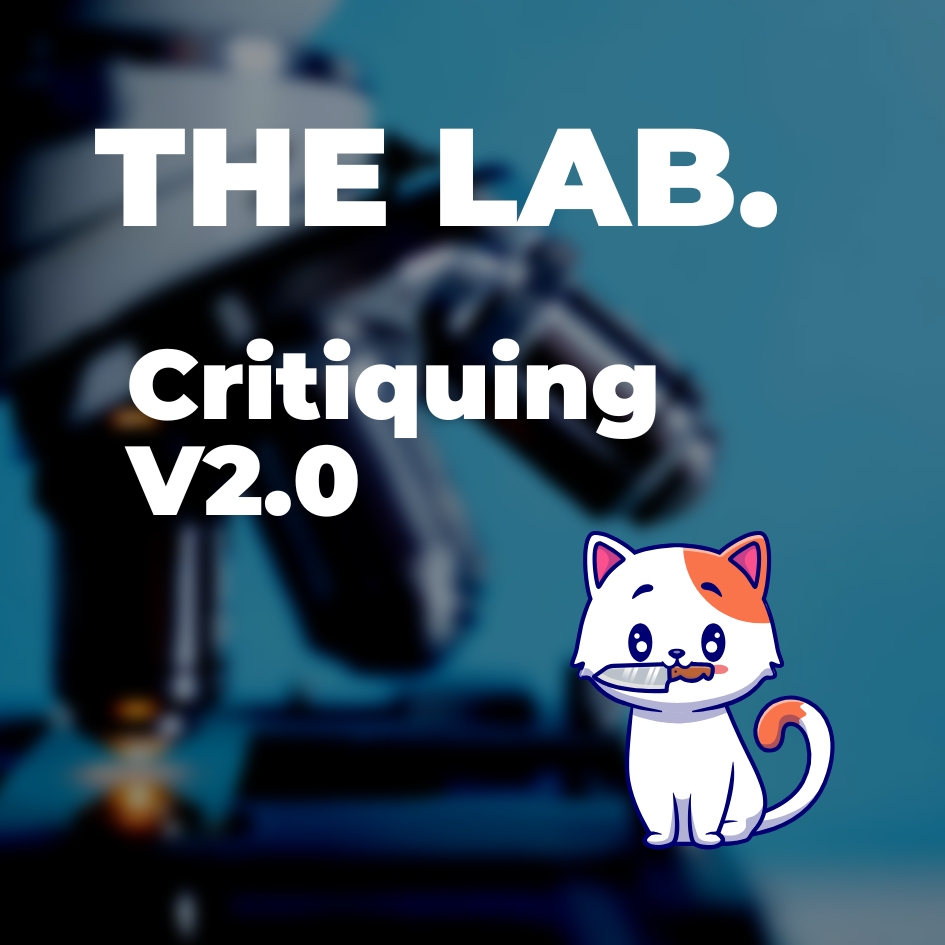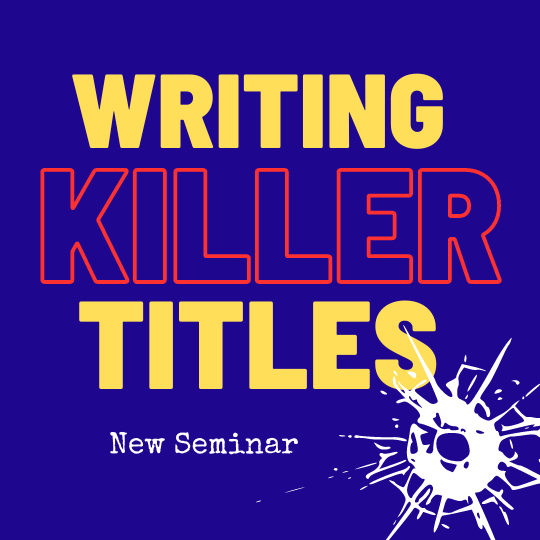David Newrick
Basic
Antony Horowitz is a prolific author and writer for the large and small screen. He has been told to edit his latest manuscript to remove certain thoughts, phrases and expressions that may cause offence. He said -
“What is happening to writers is extremely dangerous,” he continued, “where certain words are hidden, where certain thoughts are not allowed any more, where certain activities [are not allowed], obviously to do with gender or to with ethnicity or to do with trying to share the experiences of others.”
You can read the full article here -
Full article in Bookseller
What do Litopians think about this trend in publishing? Will you accept your manuscript being changed before it will be considered for publishing? Or do you refuse to budge. It is certainly more important than people realise. Having recently re-read George Orwell's Nineteen Eighty Four for my own WIP it makes you realise that controlling language is vital if you want to manipulate how people think. Will you alter how you think?
“What is happening to writers is extremely dangerous,” he continued, “where certain words are hidden, where certain thoughts are not allowed any more, where certain activities [are not allowed], obviously to do with gender or to with ethnicity or to do with trying to share the experiences of others.”
You can read the full article here -
Full article in Bookseller
What do Litopians think about this trend in publishing? Will you accept your manuscript being changed before it will be considered for publishing? Or do you refuse to budge. It is certainly more important than people realise. Having recently re-read George Orwell's Nineteen Eighty Four for my own WIP it makes you realise that controlling language is vital if you want to manipulate how people think. Will you alter how you think?




